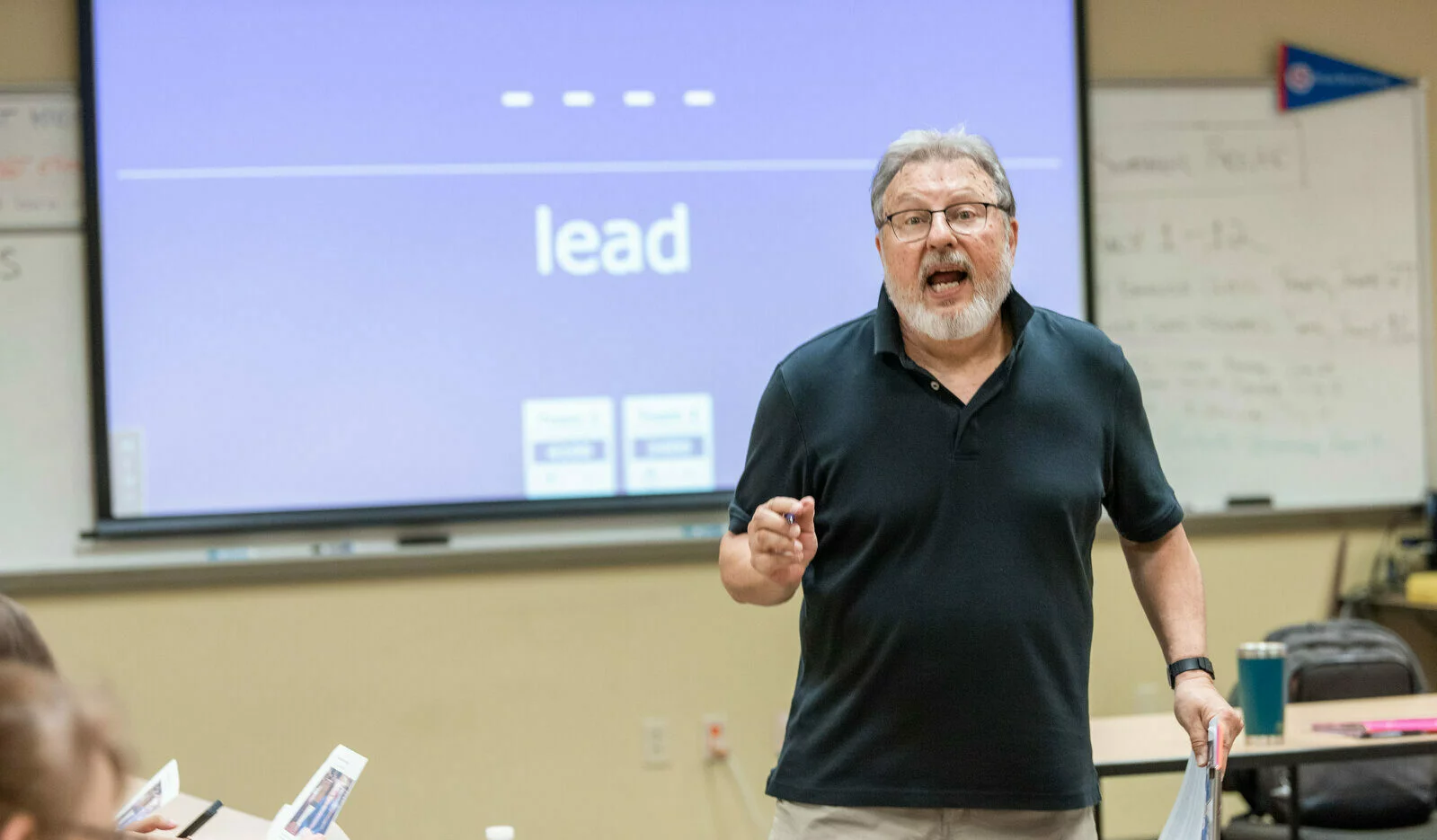Our goal is to help every adult in need of adult literacy services access the instruction they need to improve their skills to lead a better quality of life. Yet, despite instructors’ best efforts, some students, particularly those who read at the lowest levels, will struggle to make progress and will not persist.
In the current issue of our research journal, Adult Literacy Education, contributors used the Forum to discuss ways to improve service to adult literacy learners. Using personal experiences, the authors share their reasoning on how to better serve students who are learning to read at the lowest levels.
Amy Pickard of Indiana University introduces the forum by suggesting the common Each One Teach One approach may not be totally effective. Each One Teach One, first conceptualized by our co-founder Frank C. Laubach, has been used for decades worldwide. Today, it’s commonly used when a student whose skill level is below the minimum needed to enroll in a broader adult education program is paired with a volunteer tutor to bridge that gap.
Her argument is that despite giving the student one-on-one attention, the tutor may not actually have the knowledge or understanding of the core components of literacy instruction—alphabetics, fluency, vocabulary, comprehension, and assessment—to successfully teach the foundational aspects of reading that the student needs. The student, therefore, may fail to make gains and will fail to persist.
How do we remedy this?
Improved Instructor Training and Policy Changes
Programs that rely on volunteers need to expand their upfront training and include ongoing support to improve tutors’ knowledge of reading instruction, Pickard says. Regarding WIOA programs, policy changes that lead to more inclusion of literacy learners and offering an ABE certification for instructors would lead to higher success rates.
Using Evidence-Based Teaching Strategies
Beverly Wilson from the Arizona Department of Education, however, believes policy changes are not practical. Instead, she believes programs need to be focused on preparing instructors to provide evidence-based reading instruction (EBRI). This methodology includes practices that are grounded in research for teaching alphabetics, fluency, vocabulary, and comprehension. Training tutors in EBRI strategies would in turn identify and support student struggles, challenges, and learning difficulties, which Wilson argues is the best way to better serve adult learners.
Increased Funding
Peter Waite of the International Council for Adult Education has a different view. In fact, he believes volunteer tutors today are, in contrast to Pickard’s claim, quite adequately trained before being paired with a student. Instead, he argues the problem lies in inadequate funding to volunteer and community-based organizations(CBOs). Individuals who read at the lowest levels are most often referred to volunteer-run CBOs. But those are the programs most neglected, effectively sending learners with the most need to the least-resourced programs. More funding would give these programs the resources to make a noticeable difference. Waite says this would gain the attention and respect of policy makers that are often lacking in the field and would lead to ongoing support and a better ability to serve adult learners.
Read the full arguments of each Forum contributor in the research journal.
